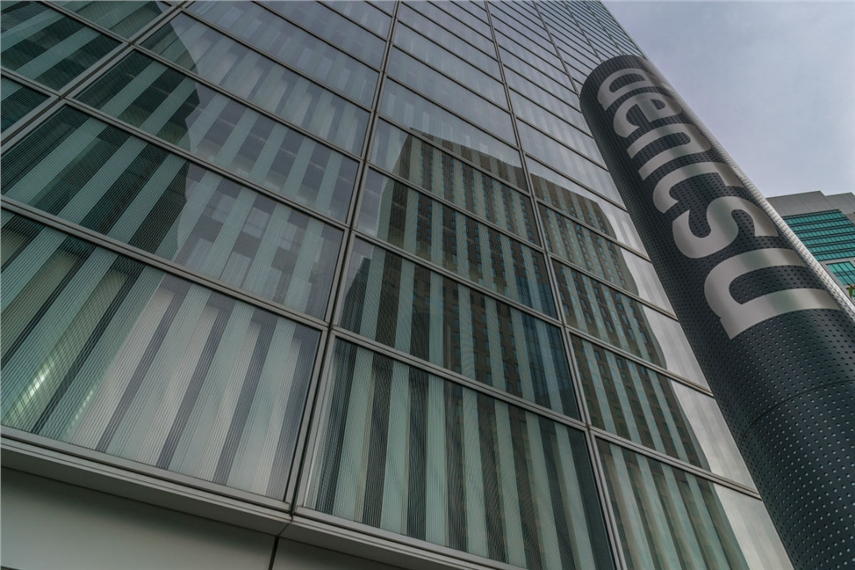
Please sign in or register
Existing users sign in here
Having trouble signing in?
Contact Customer Support at
[email protected]
or call+91 22 69489600
Organic revenue fell 0.9% in Japan and 3.5% internationally in the first quarter, but overall underlying profit grew 20.8% as margins improved

Contact Customer Support at
[email protected]
or call+91 22 69489600
Top news, insights and analysis every weekday
Sign up for Campaign Bulletins
AMD’s Zen Mode film imagines an office where pressure disappears by using calm, not jargon, to make enterprise tech feel human.
The martech agency is executing a 26-company acquisition roadmap to achieve a 100-crore profit benchmark for its public market debut.
Brands are turning online jokes into campaigns that celebrate authenticity, confidence and agility.
In Asia, brands are letting loose with slightly unhinged, super local, and totally uncorporate speak online. See more than just '67' in Campaign's collection of 2025's best brand memes.